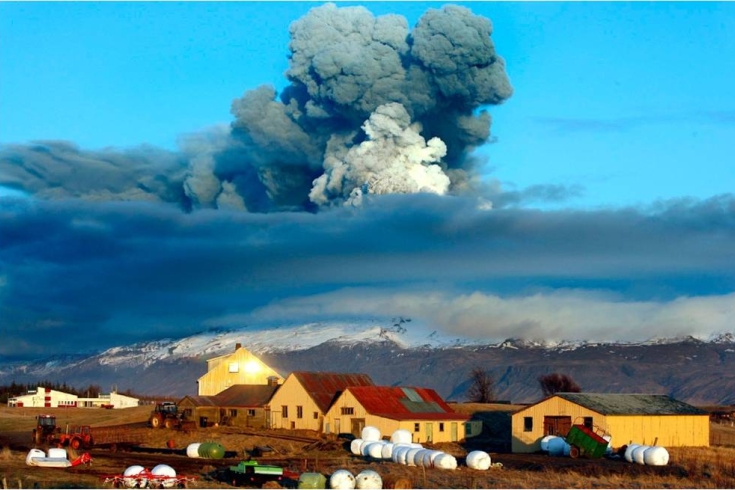Disaster risk reduction:
The CTBTO's Contribution
The CTBTO's Contribution
UN Secretary-General Ban Ki Moon (right) with CTBTO Executive Secretary Tibor Tóth. Click for video
As a result of global climate change, weather-related hazards are on the rise. Nuclear safety and the threat of multiple hazards add an even greater sense of urgency...as countries invest more in early warning and preparedness, mortality risk from floods and cyclones is trending down.
Tsunami waves

Click for video on tsunami warning.
Volcanic eruptions

Large parts of Europe’s airspace were affected by the eruption at Eyjafjallajokull, Iceland, in 2010.
The CTBTO stands ready to further cooperate with and provide expert advice to the IAEA and other relevant organizations and for its global monitoring system to continue contributing to disaster prevention and mitigation.
Nuclear accidents

Atmospheric Transport Modeling can predict the dispersion of radioactivity.
16 May 2011